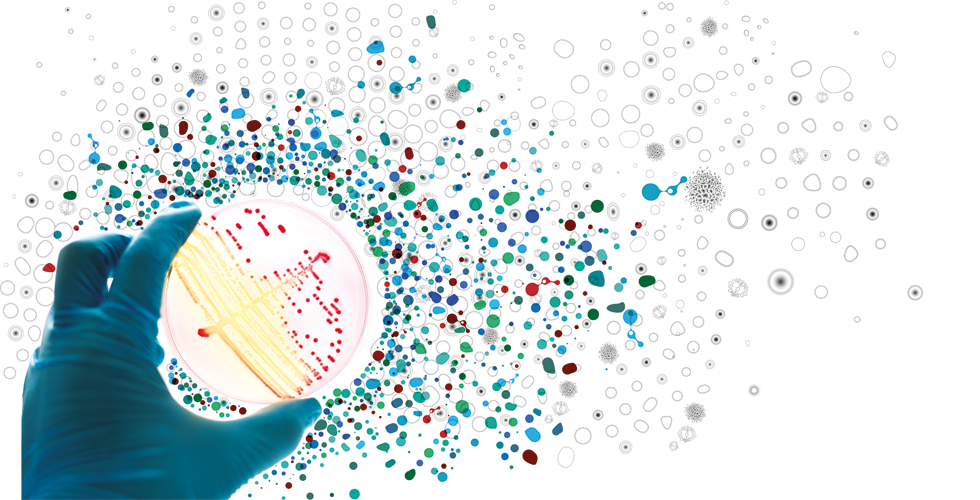Biosciences Teaching and Learning

Our biosciences courses follow a ‘pathway’ approach. This means that in your first year, you study a broad range of modules providing you with a fundamental understanding of biosciences.
As you progress through your course, additional study options become available to you, culminating in a final year research project that provides you with the opportunity to choose, with a supervisor, the subject of your choice for further study.
Teaching
The Royal Veterinary College is a dynamic place to study, where you will utilise state-of-the-art technology in our research labs, and a modern, innovative curriculum. You are taught through a combination of lectures, seminars and group work scenarios. The practical elements of your course will be carried out in our laboratories, and may be related to the College’s ongoing research activities.
Self-directed learning
Outside of your timetabled lectures and practical sessions, you are expected to undertake self-directed learning. Typically, this involves working on your own research project, reading journal articles and books, working on individual and group projects, preparing coursework assignments and presentations, and preparing for examinations.
Teaching staff
The RVC has renowned researchers and scientists delivering each module. Our staff are passionate about their field, and they are highly qualified. All RVC students are assured teaching of the highest standard.
Teaching hours
In a typical week, you will have up to 15 - 20 contact hours of teaching. These contact hours will typically be made up from:
- Personal tutorial/small group/practical teaching: 8 - 10 hours per week
- Large-group teaching: 8 - 10 hours per week
- Self-direct learning: 5 hours per week
Assessment
You will be continuously assessed throughout your course, followed by final examinations. You will also be assessed on in-course work, such as completing tests, analysing data and samples, delivering presentations, and writing essays. A major part of your biological sciences courses is the undertaking of a research project.
The estimated breakdown of assessment for your final grade is dependent on your course, but it will consist of:
- Written (coursework which may include essays, presentations, journal clubs)
- Examination (practical, written)
- Projects (individual and group work, research)
Research
We attract leading biological and veterinary scientists who work together in interdisciplinary teams on groundbreaking research.
Our research is of the highest quality and has an impact on the health and welfare of humans and animals around the world. The approach extends from the molecular level to the whole animal or population of animals. Underpinning research across these themes are animal welfare, biomechanics, genetics, bioinformatics, pathology, epidemiology and public health. Research makes up a key part of our biosciences degrees.
Learning resources
We have a wide range of facilities tailored to your learning needs, aimed at making your study as optimised and in-depth as possible. We continue to upgrade and develop resources to improve the learning experience, to fully utilise new technologies, and to support your self-directed learning.
RVC Learn
A virtual learning environment that houses materials such as lecture notes and slides, enabling you to participate in online tests and directed learning sessions, to collaborate with your classmates, and communicate with your tutors.
Echo360
A lecture capture service so that you can revisit past lectures. Great for catching up, revising and for going back over complicated subjects, you can view your recorded lectures from the comfort of your own home.
RVC App
Quick and easy access to RVC resources, as well as timely updates and notifications about special events. The app can be downloaded through the App Store and on Android.
Library
Split across our two campuses, the library has facilities for group and individual study, with computer workstations and an extensive range of learning materials such as textbooks, journals and electronic resources. The library is also a great place to study outside of your scheduled timetable.
SCOUT
Search Content OUT is a one-stop solution for the discovery and delivery of books, e-books, journal articles, and digital resources.
Getting connected
On campus you can connect to the secure, wireless internet service ‘eduroam’.
Software
You will have free access to Microsoft Office 365 and specific course-based software.
